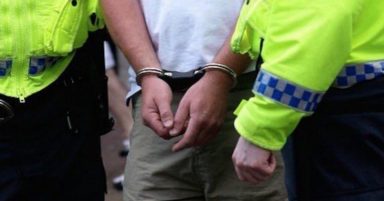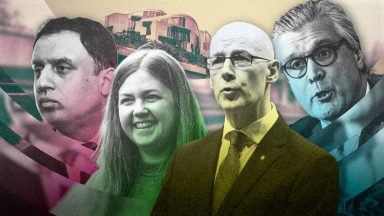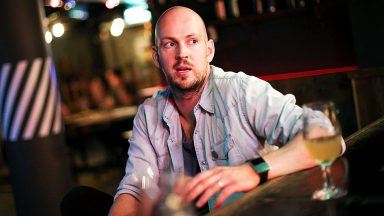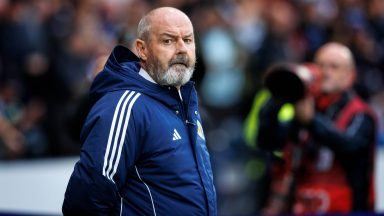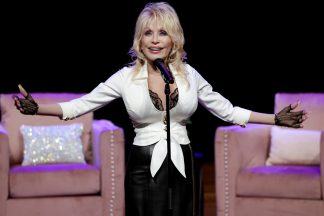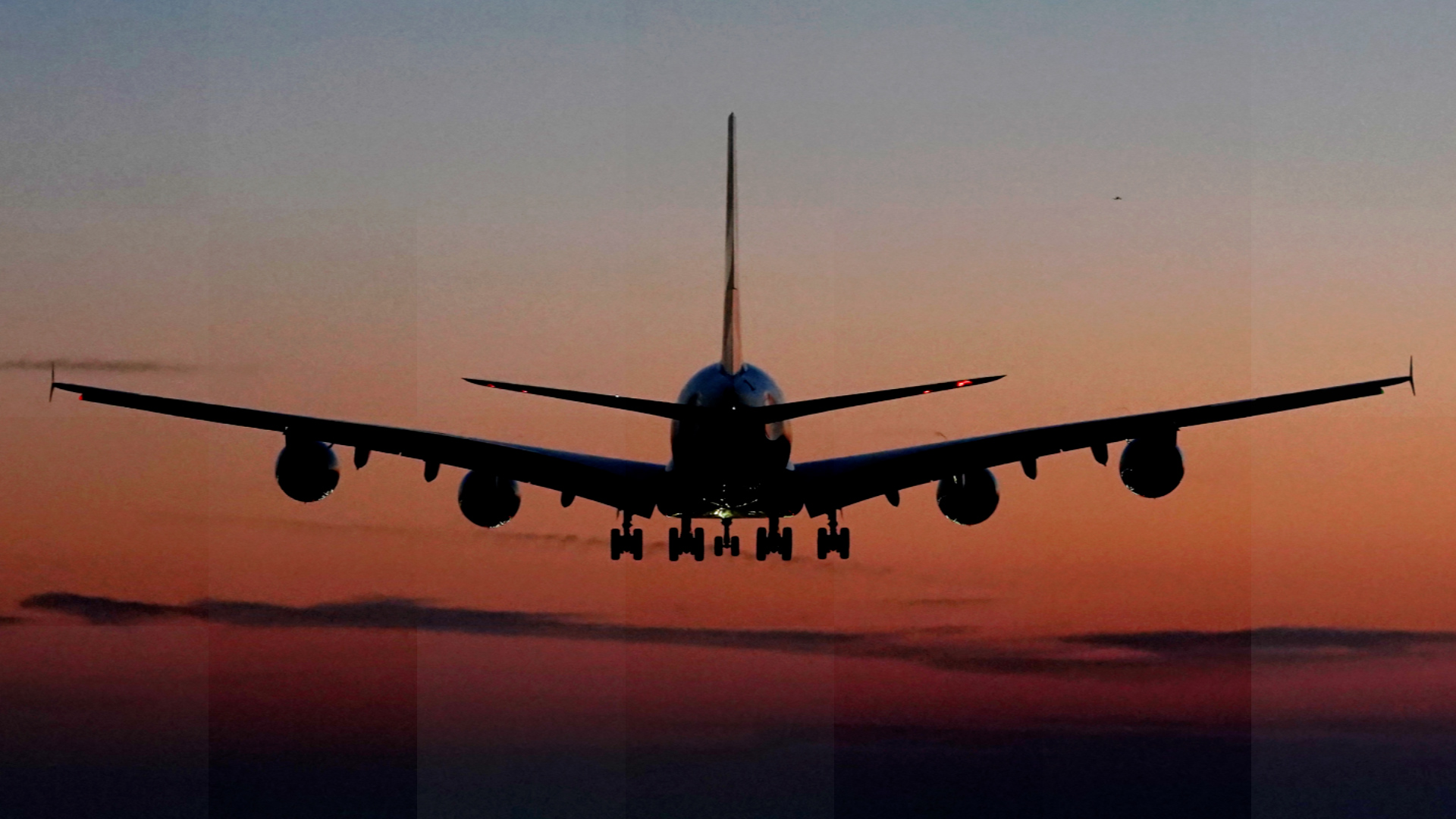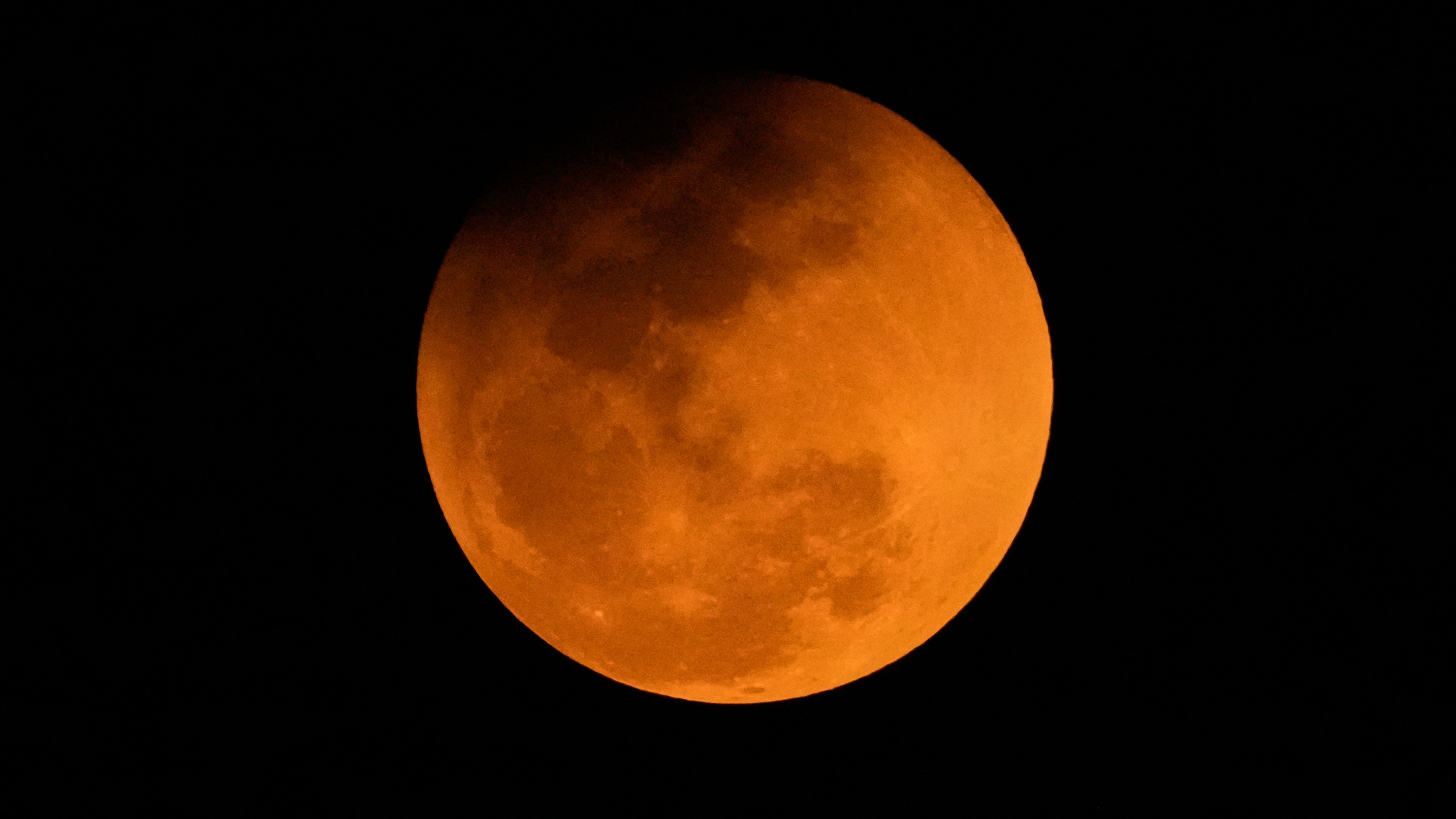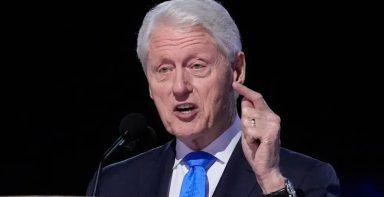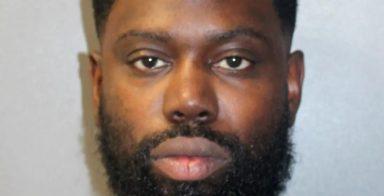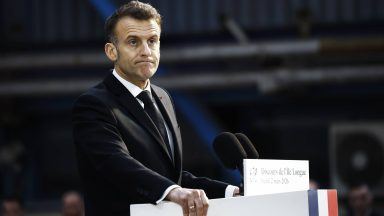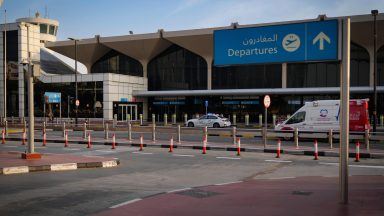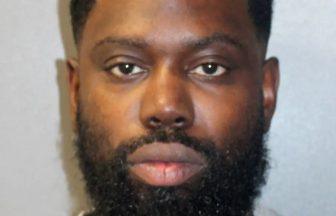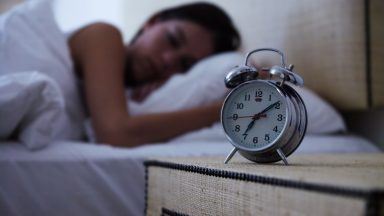BBC director-general Tim Davie has said the corporation will “look at all options” in trying to reclaim pay from Huw Edwards after he pleaded guilty to accessing indecent images of children.
The BBC boss was probed on the corporation’s handling of the case after it said it knew of the veteran broadcaster’s arrest on “suspicion of serious offences” in November, but continued employing him until April.
Before Edwards resigned on medical advice, he was the broadcaster’s highest-paid newsreader, with a pay bracket of between £475,000 and £479,999 for the year 2023/24, according to the BBC’s latest annual report.
Speaking to BBC News about Edwards’ pay and pension, Mr Davie said: “These are, unfortunately, the specifics of how it works, that we can’t claw back pension.
“I think when it comes to pay, again, legally challenging but we’ll look at all options.”
Davie also defended the corporation’s decision not to fire Edwards when it was told about his arrest in November.
He said: “The police came to us and said ‘Look, we need to do our work in total confidence, we’ve arrested, please keep this confidential’.
“And at that point, I think the principle is clear in my mind, and I say we thought long and hard about this, this wasn’t a knee-jerk decision.
“And it was difficult but when the police, if you think about this in terms of precedent, people do get arrested and then we’ve had situations where no charges (are made) and there’s nothing there to be followed up on.
“In this case, we knew it was serious. We knew no specifics, apart from the category of the potential offences.”
The BBC boss said he was “very shocked” when the charges came to light in full earlier this week, adding that the revelation had been “deeply disturbing”.
Mr Davie also claimed as Edwards remained suspended, before his resignation in April, it meant there was no issues relating to BBC employees’ safety.
He added: “Another factor at this point was very significant duty-of-care considerations.
“I think it was right for us to say ‘look we’ll let the police do their business, and then when charges happen, we will act’.”
Addressing the prospect of there being any more information that the BBC knew, the BBC boss said the corporation was “not sitting on anything that I think we need to share with the police, or is of a serious nature that would make me feel that we hadn’t followed up properly”.
He continued: “I can categorically say that when it comes to the offences we’ve seen, which are truly horrendous, any evidence that is out there is not in the hands of the BBC.
“If I saw evidence of that, that is not a complicated decision.”
Follow STV News on WhatsApp
Scan the QR code on your mobile device for all the latest news from around the country


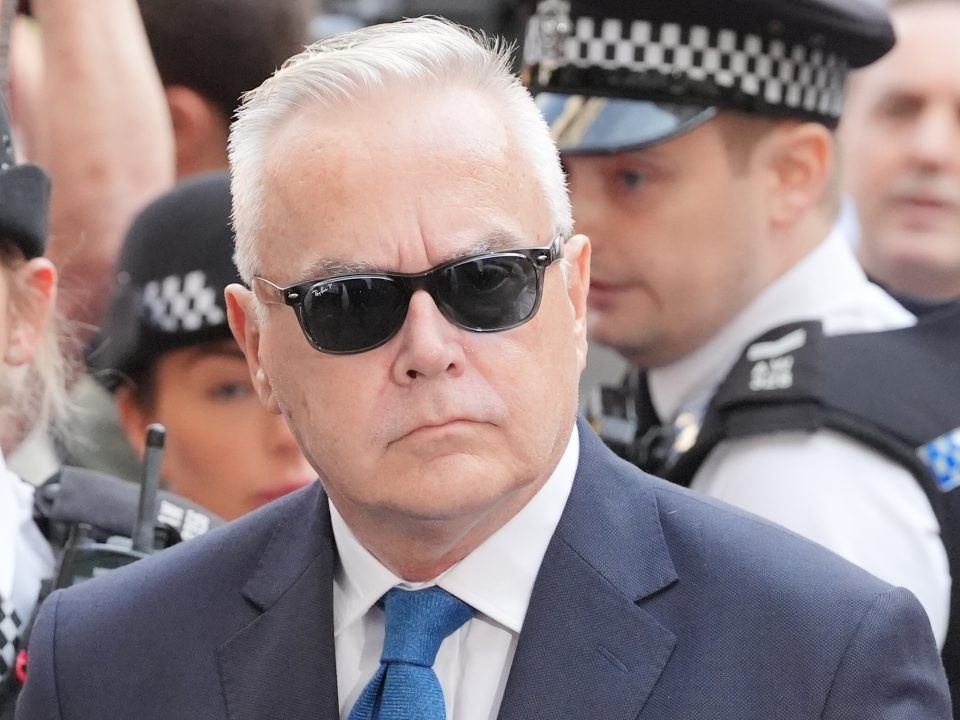 PA Media
PA Media

